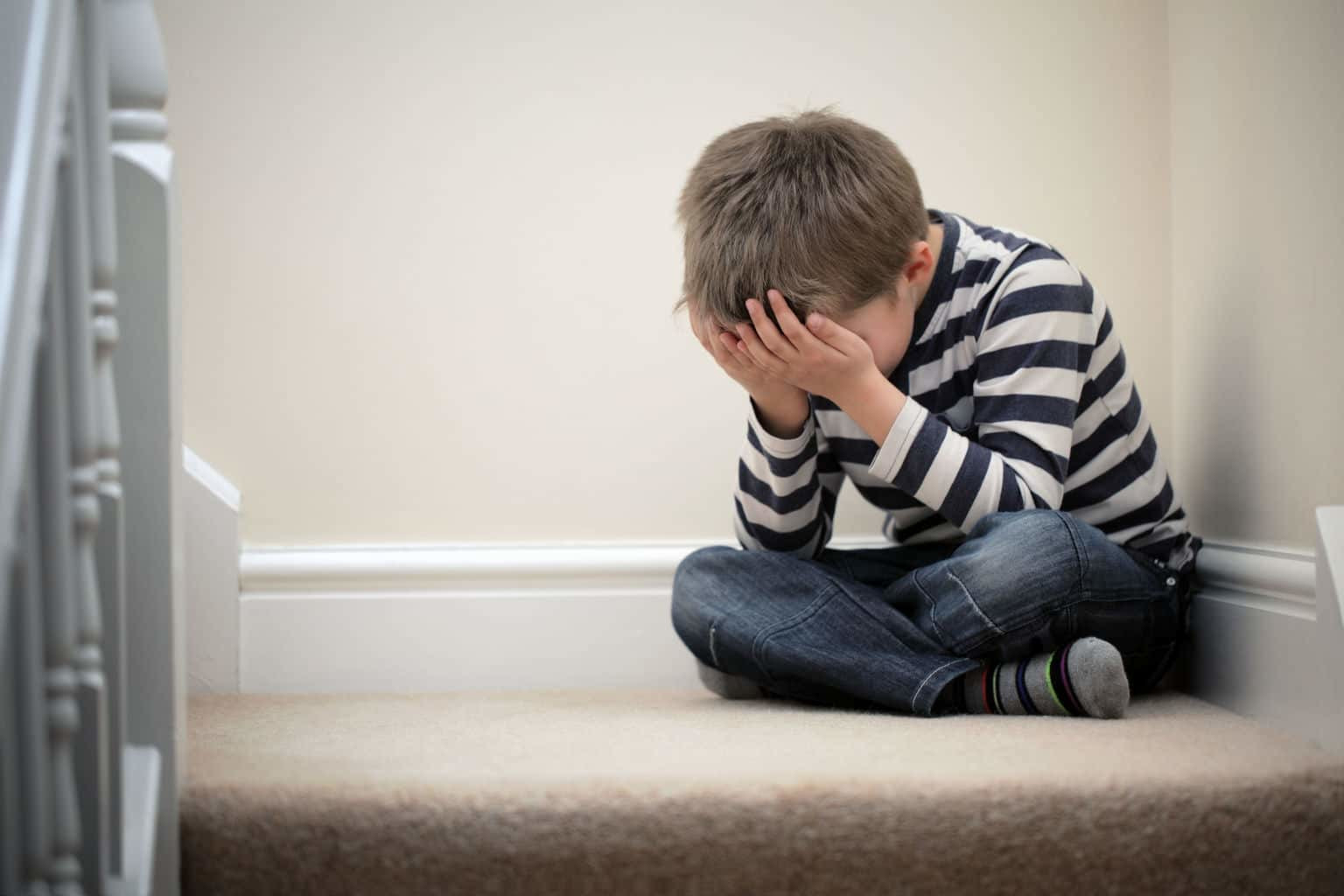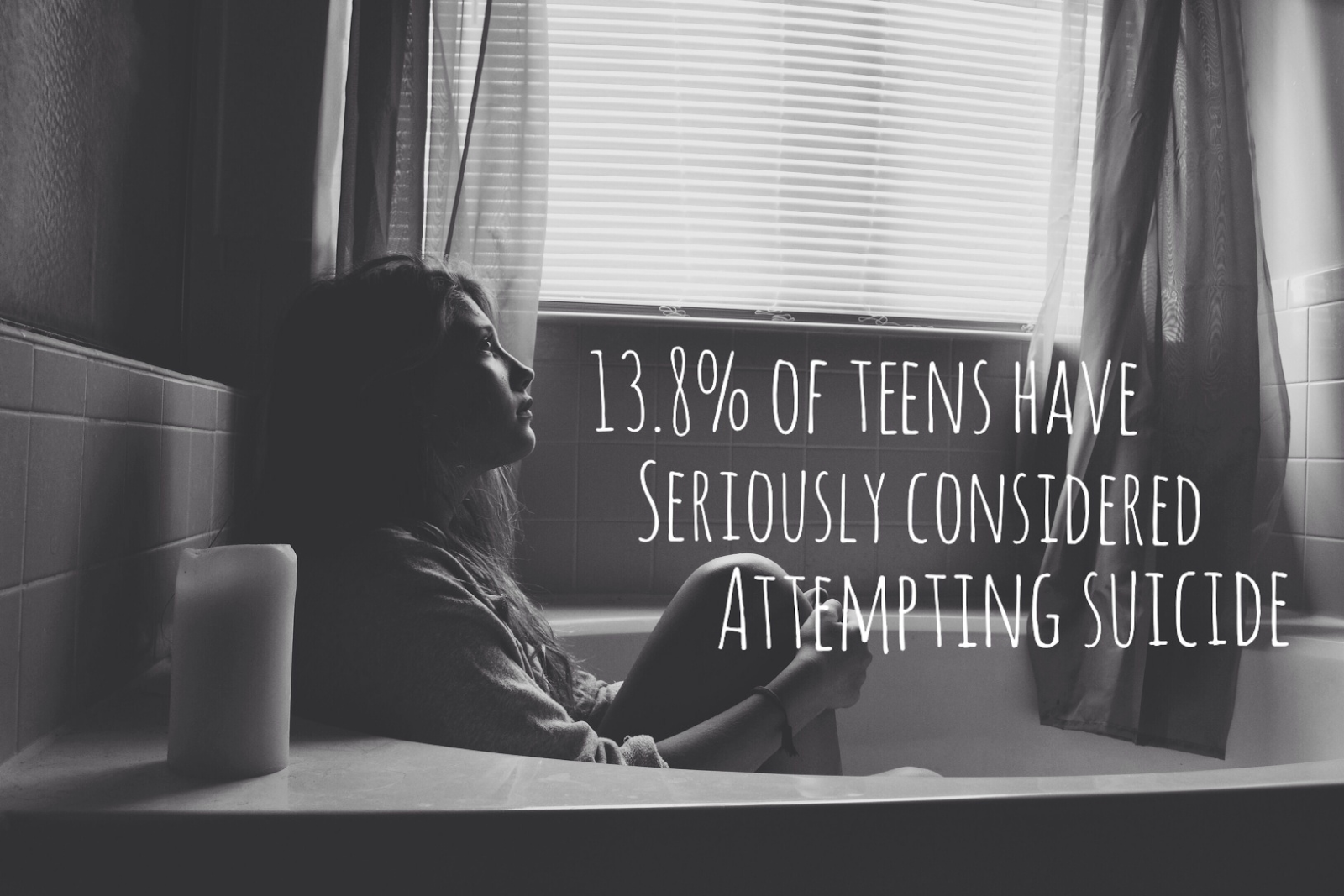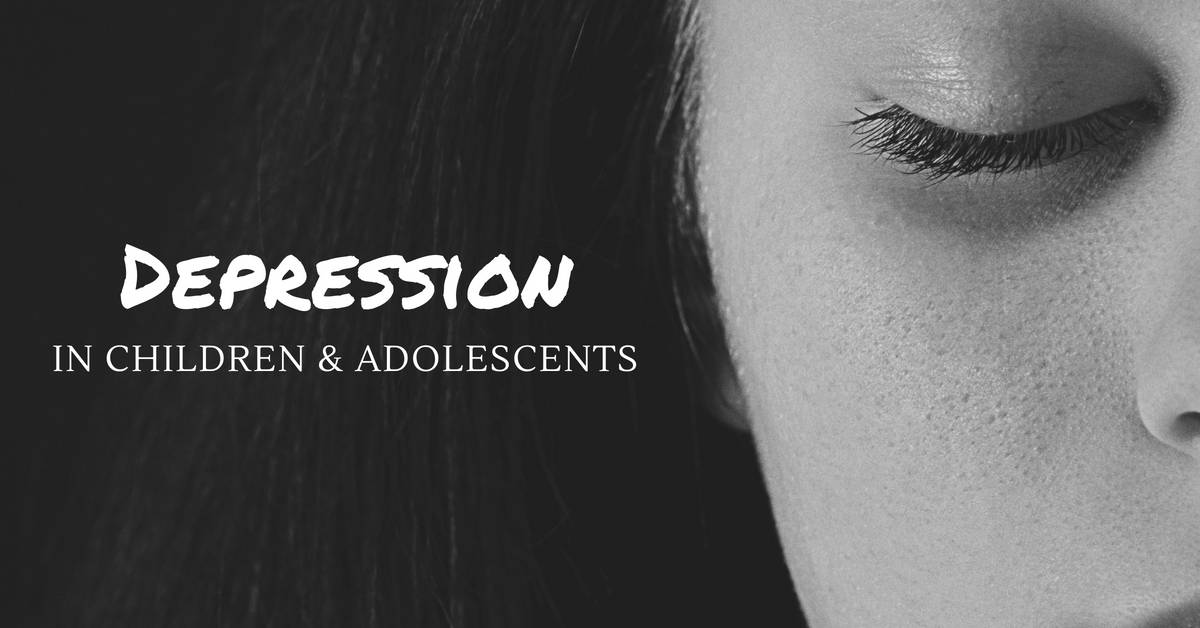Understanding Post Traumatic Stress Disorder (PTSD) in Children
The effects of trauma can be crippling for anyone, but for children, it can have long-lasting impacts on their mental and physical well-being. The condition that develops due to trauma is called Posttraumatic Stress Disorder (PTSD). It is common for adults to associate PTSD with war veterans, but more and more research proves that children can also experience PTSD. In this blog post, we'll look at PTSD in children to better understand the condition and how to provide appropriate care...










